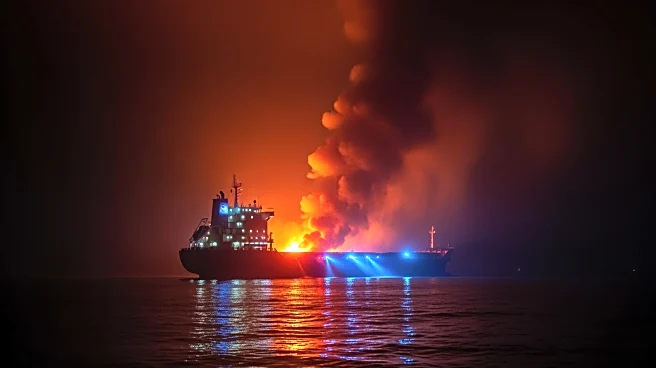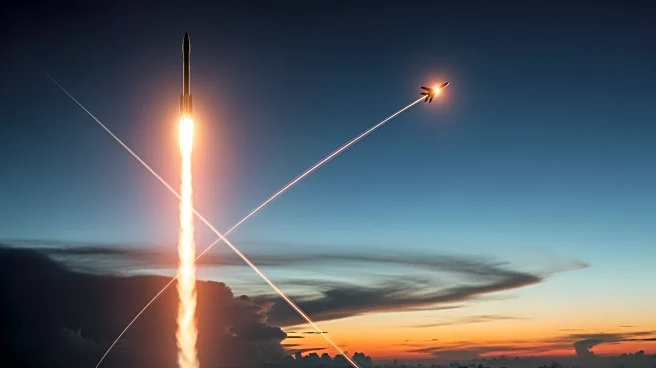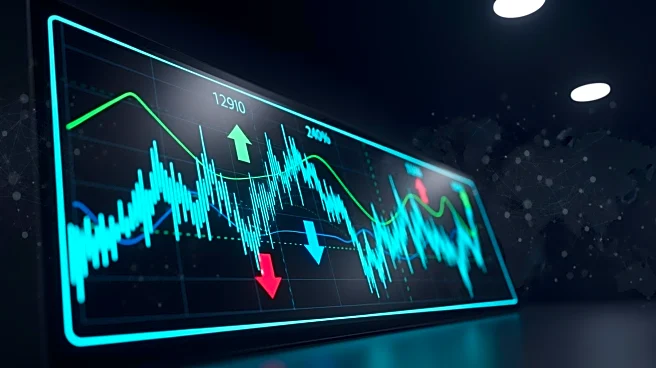What's Happening?
The United Nations atomic watchdog has called on Iran to fully cooperate and provide precise information regarding its stockpile of near weapons-grade uranium. The International Atomic Energy Agency (IAEA) board of governors voted on a resolution demanding
Iran's compliance, following a closed-door session in Vienna. The resolution, supported by France, the United Kingdom, Germany, and the United States, insists that Iran must grant IAEA inspectors access to nuclear sites and provide updated data on its uranium stockpile. This development follows Iran's suspension of cooperation with the IAEA after a conflict with Israel, which included strikes on Iranian nuclear sites. Iran's Ambassador to the IAEA, Reza Najafi, criticized the resolution, claiming it exerts undue pressure and propagates a misleading narrative. Iran maintains that its nuclear program is peaceful, although the IAEA and Western nations have expressed concerns about its potential weaponization.
Why It's Important?
The resolution by the IAEA is significant as it highlights ongoing international concerns regarding Iran's nuclear capabilities and the potential for weaponization. The demand for transparency and cooperation from Iran is crucial for global nuclear security and nonproliferation efforts. The situation impacts geopolitical stability, particularly in the Middle East, where tensions over nuclear capabilities can lead to broader conflicts. The resolution also underscores the challenges faced by international bodies in enforcing compliance with nuclear agreements, especially when political and military tensions are involved. The outcome of this resolution could influence future diplomatic relations and negotiations between Iran and Western countries, affecting regional security and international nuclear policy.
What's Next?
Iran's response to the resolution remains uncertain, as it has previously suspended cooperation with the IAEA following the reimposition of sanctions by the United Nations. The IAEA director general, Rafael Grossi, is tasked with reporting on Iran's compliance with the reinstated restrictions, including detailed verification of its uranium stockpile. The resolution calls for Iran to adhere to the Additional Protocol, which allows for snap inspections at undeclared nuclear sites. Iran's future actions, whether in compliance or defiance, will be closely monitored by international stakeholders, potentially influencing further diplomatic or economic measures.
Beyond the Headlines
The resolution and Iran's reaction highlight the complex interplay between international diplomacy, nuclear security, and regional politics. The situation raises ethical questions about the balance between national sovereignty and global security obligations. The ongoing tensions may also affect cultural and economic exchanges between Iran and other nations, as sanctions and diplomatic strains can impact trade and international relations. Long-term implications could include shifts in regional alliances and the role of international organizations in mediating nuclear disputes.















